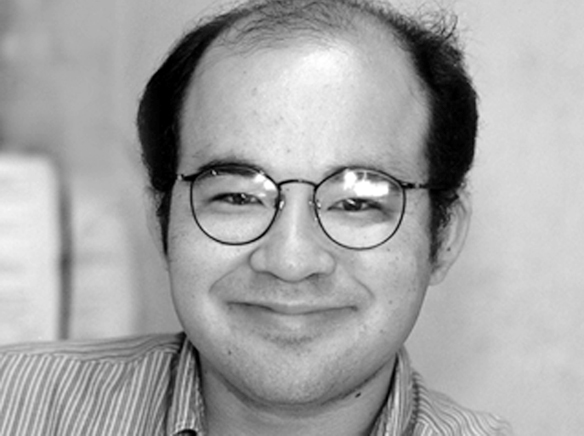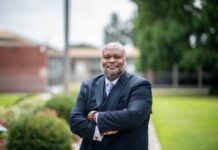Recently, some groups and organizations — including some parts of the media — have been asking “has America changed?” And not just in the superficial sense that we used to ride horses and now we have subways, cars and airplanes — that sort of change is inevitable — but in the sense of political and social upheaval.
Recently, some groups and organizations — including some parts of the media — have been asking “has America changed?” And not just in the superficial sense that we used to ride horses and now we have subways, cars and airplanes — that sort of change is inevitable — but in the sense of political and social upheaval.
With a major election coming up, it is not surprising that some of these groups have started to take an alarmist, even conspiratorial, tone. After all, frightening people into voting the way you want is an age-old political tactic.
Still, it is an interesting question. Let’s look at the evidence.
In 1776, an outsider looking into the brand new United States might have seen us as a bunch of slave-owning (both Washington and Jefferson), drug growing (i.e. tobacco), rebellious colonials living on the edge of the savage wilderness (Ohio) with an untested, experimental form of government.
Only white male property owners could vote. The “property owner” requirement disappeared before the Civil War, but other voting restrictions remained. Poll taxes, reading tests and religious tests kept otherwise eligible voters away from the voting booth — some of these restrictions would come in handy later.
By the way, the British Empire ended slavery, without fighting a war over it, about 20 years before the United States did. American slavery ended in 1865 with the end of our Civil War. Free black males gained the right to vote in 1870.
The Ku Klux Klan was founded in 1866. Starting out as an anti-black hate group, the Klan also took advantage of anti-immigration fervor, anti-semitism and various other political panics. The KKK was six million members strong at its height in 1924.
The Klan terrorized, intimidated and harassed African Americans, but there was plenty of government racism as well.
Poll workers would ask black would-be voters, “how many bubbles in a bar of soap?” and other impossible to answer questions. Some places had a “grandfather clause” — if your grandfather could vote, you could vote. Naturally, many African Americans had grandfathers who had been slaves.
Schools, buses and trains were segregated, and it was perfectly legal for restaurants to have “whites only” sections.
Unbelievable stuff like this happened well into the middle of the 20th Century.
While American soldiers were busy fighting for freedom, democracy and liberty during World War II, America decided to put thousands behind barbed wire for the crime of being Japanese American.
Until 1967, it was illegal for a white man to marry a black woman in all of the former Confederate states.
Think all this vanished with the Civil Rights Movement in the 1960s? The Augusta National Golf Club had no African American members until 1990. It admitted no women until 2012. We still have plenty of racial problems today.
Don’t get me wrong. Even after all of that, I still think America is a great country. It is wonderful that we have confronted our past wrongs and tried to set things right. Our whole system of government is designed to allow for changes and improvement — why else allow for voting if not to consider and enact new ideas?
So yes, America has changed, but for the better. It is now up to the current generations of Americans to uphold and continue the tradition of improving upon the progress previous generations have made.
____
James Fujita is a former GVN news editor. He works as a copy editor for the Visalia Times-Delta in California’s Central Valley. Fujita can be contacted at jim61773@yahoo.com



















